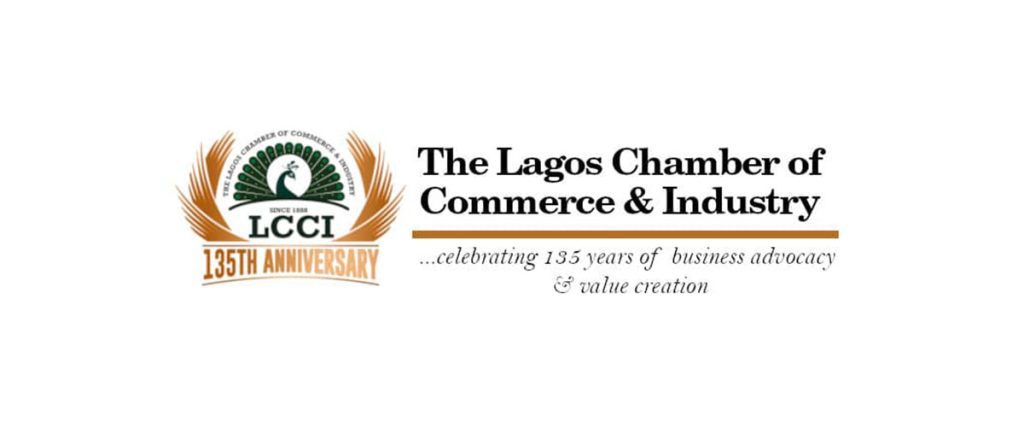A foremost policy group in the country, the Lagos Chamber of Commerce and Industry (LCCI), has informed that the agriculture sector has declined by -0.90% in the first quarter when compared to 2.05% in the previous quarter. The decline was due to lower livestock production and the leftover impact of the severe floods in the third quarter of 2022. In an address on the state of the economy for the Second Quarter of 2023, the President of LCCI, Asiwaju (Dr.) Michael Olawale-Cole, said the chamber’s effort is a traditional model of engaging in public policy advocacy in the quest for a stronger economy and an enabling business environment. Through macroeconomic diagnostics and reviews, the briefing is being done to highlight areas of concern and to make recommendations to the government on policy alternatives that can better empower the private sector to thrive.
The body stated that the global economy recovery remained moderate in the second quarter of 2023, though forecasted to slow considerably compared to the previous year, amid continued monetary policy tightening to rein in the stubborn inflation trend, saying the World Bank, in its June 2023 Global Economic Prospects (GEP), is positive about its outlook. It increased global growth projection by 0.4 % to 2.1 % compared with an earlier forecast of 1.7 %. This improved growth prospect is attributed to subsiding risks while inflation had been persistent. It is, however, projected to decline gradually as demand weakens and commodity prices moderate on the back of longer-term inflation expectations remaining anchored.
Tight global financial conditions and subdued external demand are expected to weigh in on growth across Emerging Markets and Developing Economies (EMDES). Global growth could be weaker than anticipated in the event of more widespread banking sector stress, or if more persistent inflation pressures prompt tighter-than-expected monetary policy. As a result of tight global financial conditions, borrowing costs will continue to rise, which could lead to financial dislocations in the more vulnerable EMDES. Similarly, the World Economic Situation and Prospects (WESP) mid-year update released by the United Nations Department of Economic and Social Affairs (UN-DESA) notes that global economic prospects remain subdued. However, the slowdown in global growth in 2023 is likely to be less severe than previously expected, mainly due to resilient household spending in developed economies and recovery in China, Olawale-Cole added.
According to UN-DESA, the group said that global growth is projected to slow to 2.3% in 2023 from 3.1% in 2022, though an upward revision by 0.4% points from the report’s January forecast. Global inflation is projected to decline to 5.2% in 2023 from 7.5% in 2022, mainly due to lower food and energy prices and softening global demand. Amid easing inflationary pressures, the global economy is expected to pick up some momentum in the remaining part of 2023 and 2024. Finally, on global developments, the 2023 World Investment Report, released by the United Nations Conference on Trade and Development (UNCTAD) revealed that global Foreign Direct Investment (FDI) declined by 12% in 2022 to $1.3 trillion while a significant fall was driven by the global poly-crisis, including the war in Ukraine, high food and energy prices, and debt pressures.
LCCI recommends that the Federal Government needs focus on addressing the security challenges that had plagued the business community and negatively affected investment inflows. The Federal Government needs to sustain its targeted interventions in critical sectors like agriculture, manufacturing, export infrastructure. “We urge the government to keep track of plans to tackle the menace of oil theft to boost oil exports and earn more foreign exchange. We also commend the government for the effort made to date to combat the cartels involved in oil theft. If these efforts had started earlier, the nation would have made huge economic gains. The chamber, therefore, appeals to the government to intensify the efforts.
“Food inflation in May 2023 was 24.82% on a year-on-year basis, 5.33% points higher compared to May 2022 at 19.50%. The inflationary pressures were primarily attributed to high food and energy prices, housing, clothing and footwears, transport and imported inflation. We foresee a further rise in the inflation rate in the near term due to subsidy removal and the floating of the naira exchange rate. Increasing the monetary policy rate has, thus far, proven to be ineffective and insufficient in taming inflation. Therefore, there is a clear need for the government to strengthen its support to critical sectors like agriculture, power, energy, etc. It should also look at ways to improve supply chains as well as cushion the cost of production.
“The proposed electricity subsidy removal for electricity tariff to reflect the market-friendly pricing system is a call for exploitation of the emerging opportunities in the form of renewable energy and even the traditional energy supply. The Electricity Act 2023, passed by the present administration, mandates electricity-generating companies to either generate power from renewable energy sources or purchase power generated from renewables. The act promotes the transition to cleaner energy sources. This will contribute to reducing carbon emissions, improving air quality, and mitigating climate change’s effects. It aligns with global efforts to combat climate change and meet sustainable development goals.
“The act provides for states to issue licenses to private investors to operate mini-grids and power plants within their borders. This opens opportunities for private sector investments in energy, leading to increased generation capacity and improved access to electricity in underserved areas. It encourages competition and innovation in the sector. This has created huge new business opportunities in the renewable energy industry for both small and large-scale investors to develop and deploy renewable energy technologies, such as solar panels, wind turbines, and energy storage systems, which require skilled labour and huge investment. This will help stimulate economic growth and foster innovation in the renewable energy sector in the country”, the LCCI President stated further.

